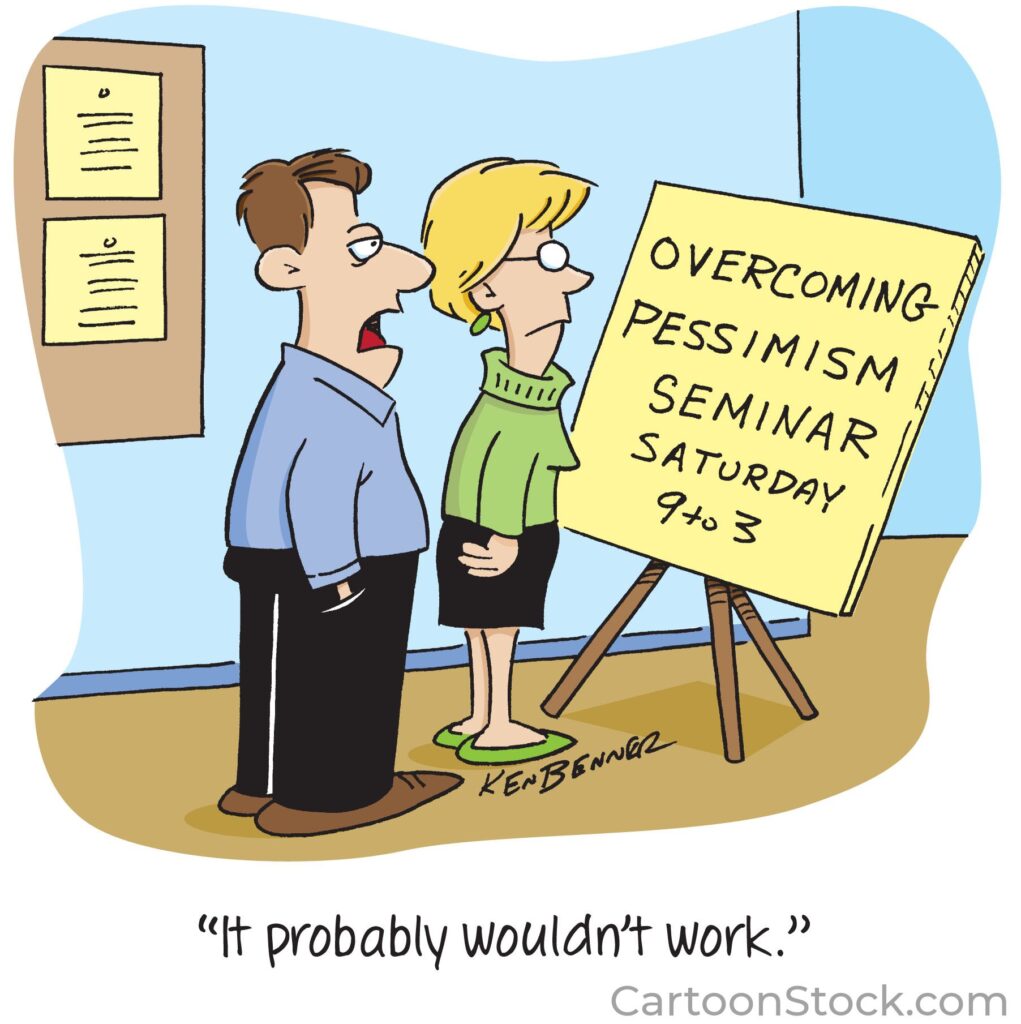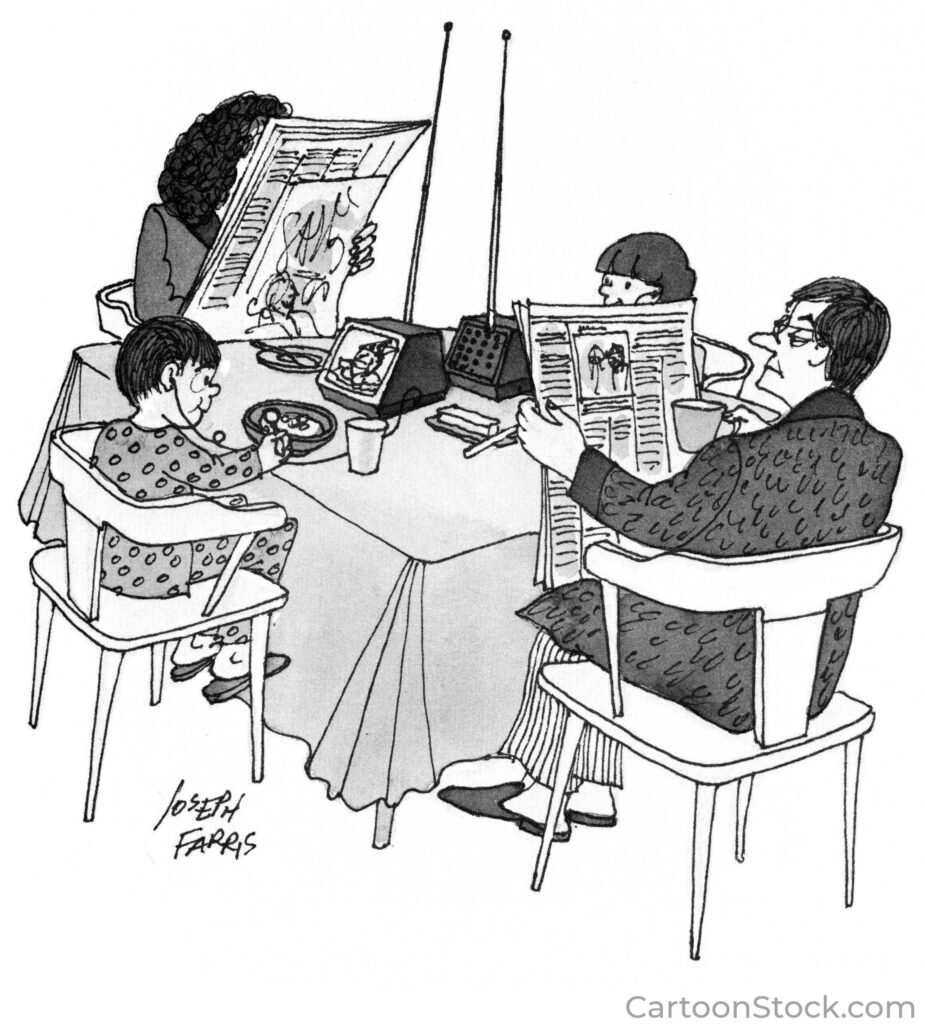
“The mind is its own place, and in itself can make a heaven of hell, a hell of heaven.”
This line, from John Milton’s epic poem, “Paradise Lost” (1667), is spoken by Satan who is trying to make himself feel better about living in hell. He thinks that if he tries real hard, he can make hell seem as good as heaven.
Let’s avoid the theological implications of this phrase and just extract from it a lesson we can apply to our lives.
Here’s my paraphrase of Milton’s sentence: Though we may not be able to change our circumstances, we can choose how we interpret and respond to our circumstances. Our attitude can be positive or negative. Regardless of your circumstances, you can choose to be an optimist or a pessimist.
Consider the plight of Peruvians: I’ve been to Peru twice and can attest to the fact that Peruvians are kind, sociable, and happy—even though most live in poverty. Approximately 51% of homes in Peru do not have a refrigerator, and yet, according to the latest study from the Worldwide Independent Network (WIN), Peru has one of the highest happiness rates in the world.
Compare Peruvians with many middle- and upper-class Americans who are relatively safe and well-funded, but live pessimistic, despondent lives.
Here’s a good example of what I’m talking about: I have a friend who struggles with multiple sclerosis. She moves with the help of a walker or wheelchair. She’s in constant pain. But she’s engaged in life and work and maintains a positive view of the future. (Karen, I admire you so much.)
I don’t mean to minimize the pain and difficulty that we all live with, and some people have more than others. I do want to underscore the choice we all have as to how we respond to difficult times and situations.
I have little patience for people who are perennially negative and pessimistic. I admire and enjoy being with people who are positive and optimistic.



